It is very topical to talk about the arts here in the UK as a lot of funding has been cut. Earlier today I read Phil Ritchie’s blog, who like me is a priest in the Church of England. During prayers this morning we both remembered John Donne who was a poet, a priest and the Dean of St Paul’s Cathedral. This inspired Phil to asked the question “where are today’s poet priests”? When I read this it opened up a much broader issue for the church to consider:
‘How are our churches cultivating todays artists, musicians, poet’s, singers, songwriters, sculptors, glass blowers….. our artists’?
Historically the church was the main place that cultivated the arts. It funded the arts. It commissioned the arts. It inspired the arts. *God* inspired the arts. People looked at the majesty of creation and artistic expression poured from within. When people read the scriptures, poetic expressions overflowed. As people contemplated the awe and wonder of God, the notes flowed onto the manuscripts. You need only walk into one of the many museums in the UK and you will see the great works that the church has cultivated and inspired throughout the ages. The church was the hub around which the arts rotated. Music was created on the church’s instruments. Glass was crafted for it’s windows. Stone was carved for display in, on or around it’s buildings. Art was painted to hang inside or even painted straight onto the walls of it’s chapel’s, monasteries and Cathedral’s.
When I was training for ordination I was lucky enough to do a placement at a church where they carved the prototype pillars for Durham Cathedral. With the modern church there is a financial reality that causes me to marvel that there was an era in which Durham Cathedral could be envisaged, never mind created.
The modern world comes with all sorts of things that people didn’t predict. They said that in “the future” we would have vast quantities of free time with which to enjoy ourselves. Now that we are here and now firmly planted within “the future” the reality is that we have less free time than ever before.
Where are today’s poet priests?
Whether ordained or lay the modern church is struggling with a financial reality and an administrative reality that leaves little time for the arts. As parishes are placed together with reducing numbers of both ordained and lay alike, “the job” becomes increasingly time consuming. This is coupled with the propensity in all modern world workplaces for paperwork. Everything must be filled in, signed in triplicate and sent to the correct office to be stored in the appropriate filing cabinet…. for each church that you are working with. For those who work for the church this comes with an additional emotional constraint that plays upon the sense of guilt about these things.
An unending task with an emotional attachment? Ponder that for a moment if you will.
When we contemplate the arts and their place within the church we have to ask how much they are currently valued by the church. For many, the arts are a guilty secret that is indulged in when a sneaky couple of hours off are partaken of one evening whilst no one is looking. If we engage with them more often we are often perceived to be elevating our self-indulgence above our calling to serve ‘the church’. This is why I know several people who were musicians in the ‘previous life’ that they ‘gave up’ before ordination.
If this is the reality in which the modern church lives, how do we perpetuate the “rich tradition of priests who fulfilled this part of their vocation through poetry” and other art forms into the future?


We are made in God’s likeness, so it should be natural for us to be creative, just like our Creator. How can the World see His love, if we don’t engage them with more than mere facts? They are already saturated with information on a daily basis.
The challenge is to be creative in our very lifestyle – in the work we must do, and the words we say – rather than seeing creativity as an ‘optional extra.’ It’s antithetical to the prevailing Western mindset to be creative and through that be effective, so we need to “be transformed by the renewing of [our minds].” (Romans 12:2)
We must understand that creativity is not the poor relation of good works, and neither is it a bottomless pit into which finances will disappear. Scripture is very clear that to reap a harvest we must sow. To invest financially is good, but to encourage others in their gifts is far better. To perpetuate Christian creative expression, we need to exhort each other to be creative.
Brillian points Damien.
Haven’t got the energy to think about the discussion, but here is a poem for you. Think you’ll like it.
http://www.youtube.com/watch?v=EieFdXy_HwM